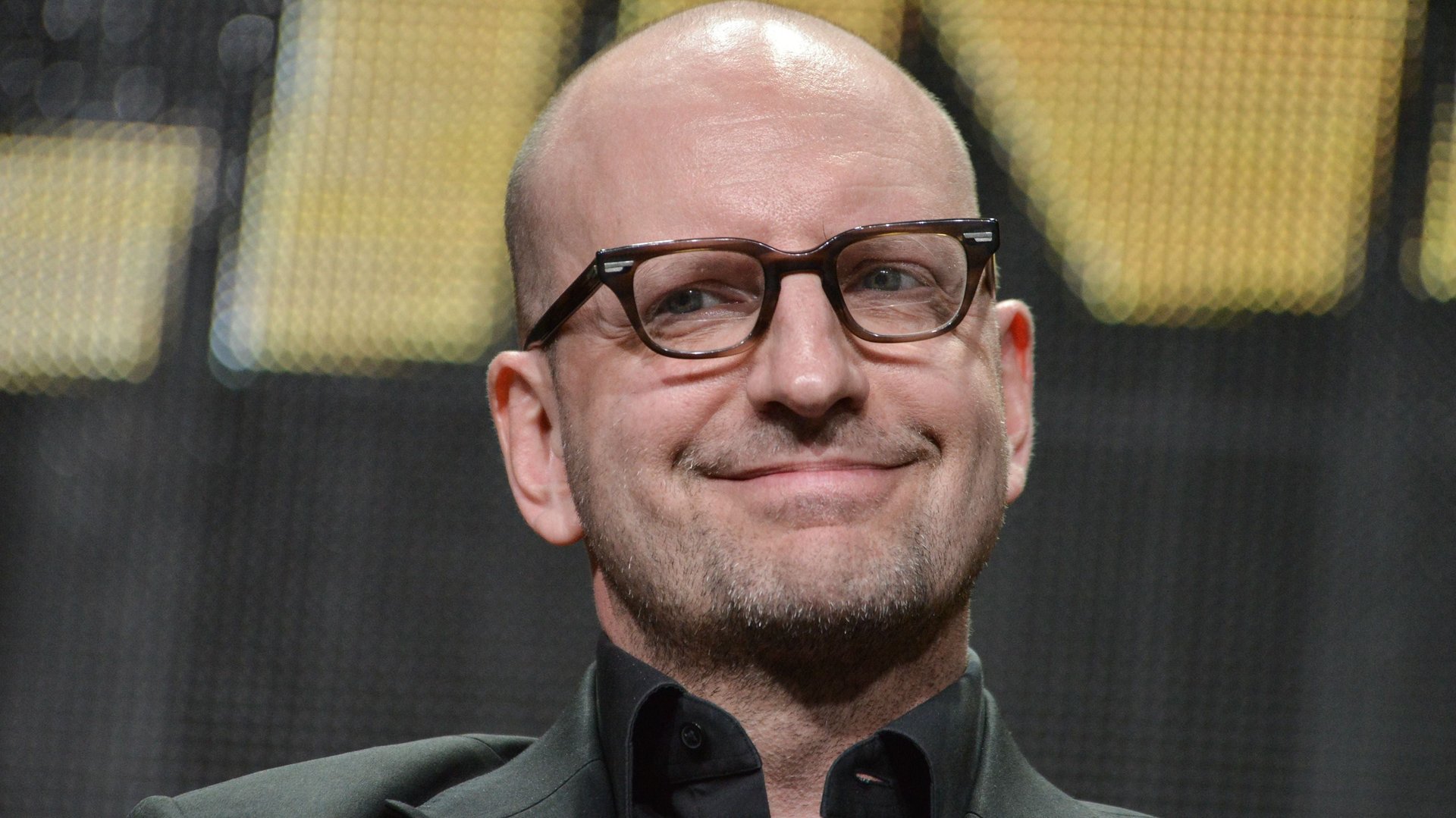Steven Soderbergh is making an interactive “choose your own adventure” project for HBO
Several entertainment publications are reporting that HBO is developing a project in which the audience will control what happens in the story.


Several entertainment publications are reporting that HBO is developing a project in which the audience will control what happens in the story.
Deadline reports that the project is an “experimental film” called Mosaic and will tie into an app that allows the audience to pick the ending. Variety reports that the project will shoot many variations of the script, with viewers ultimately choosing which versions end up on TV.
The project is reportedly led by Oscar-winning director Steven Soderbergh, who’s no stranger to working with HBO—he’s currently the auteur behind the early 1900s medical thriller The Knick on Cinemax, which is owned by HBO. He also directed the HBO film Behind the Candelabra and helped produce the Edward Snowden documentary Citizenfour for HBO Films.
“I believe the good people at HBO are genuinely enthusiastic about Mosaic for two reasons: first, it represents a fresh way of experiencing a story and sharing that experience with others,” Soderbergh said in a statement quoted by Variety. “Second, it will require a new Emmy category, and we will be the only eligible nominee.”
An HBO spokesperson declined to comment on the reports.
Television fans can be a riotous, opinionated bunch, and thus, you could argue, they’ve always “had a say” in their programs for years. But this would be somewhat unprecedented. The pay-TV channel has proven it’s willing to experiment and innovate (Soderbergh’s The Knick being a prime example), but this is experimentation on a whole other level.
The 1985 cult film Clue famously allowed its viewers to pick one of three endings (Ending C is the best one, don’t let anyone tell you otherwise). A recent episode of the CBS show Hawaii 5-0 (a remake of the 1970s series of the same name) allowed viewers to vote online as to how the episode would end. The format has also been tried several times on reality TV shows. But, in general, it’s fairly untrodden territory, especially for a prestigious channel like HBO. The company won 14 Emmys last week—10 more than any other network (paywall).
The project seems like it could be a natural fit for the company’s new standalone streaming service, HBO Now. While the product appears quite successful—both in terms of Apple App Store revenue and what little we know about its subscriber numbers—it still suffers from some brand confusion with HBO’s other streaming service, HBO Go, which is merely the online component given to the channel’s cable subscribers. The two services house the same content.
HBO performed some clever marketing to perhaps clear up that issue, when host Andy Samberg shared his HBO Now password with the world during the Emmys broadcast on Fox last week. Mosaic may end up being a similar stunt, perhaps meant specifically to be consumed on HBO Now, an internet platform that could give the film a chance to experiment with some interesting types of interaction with its audience.